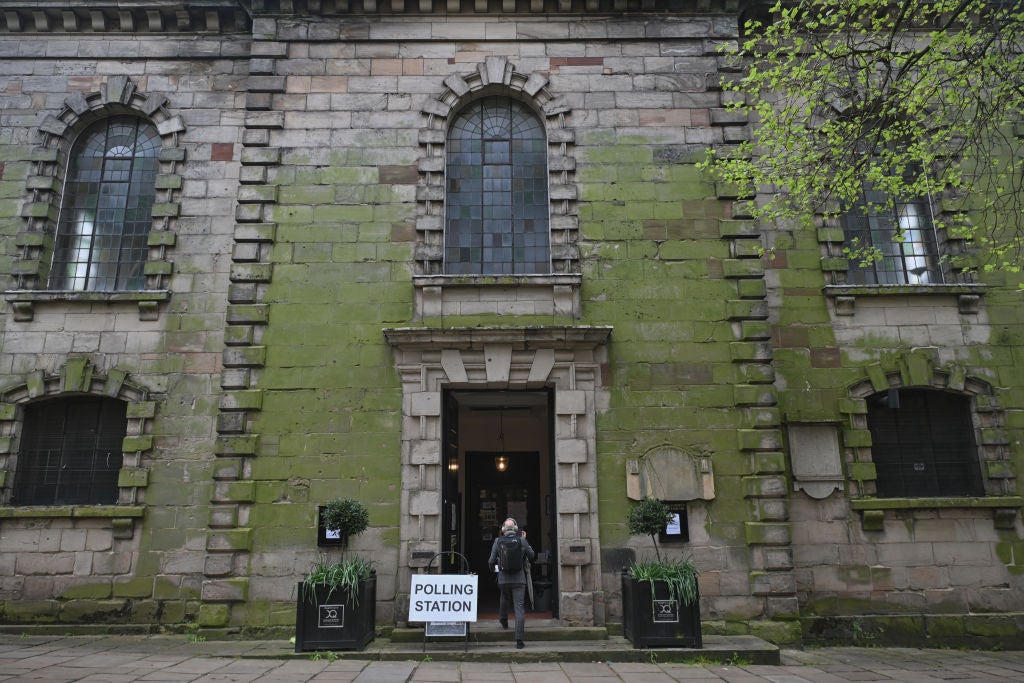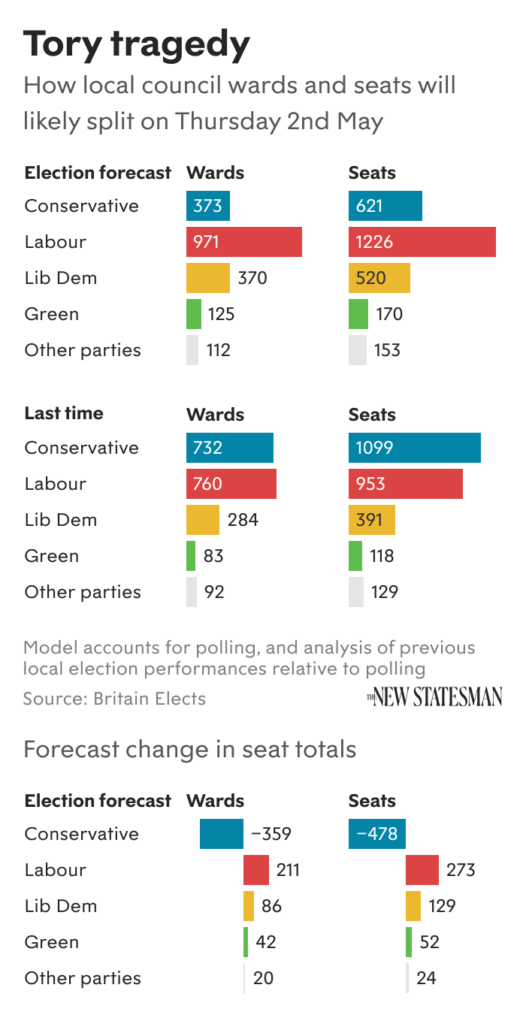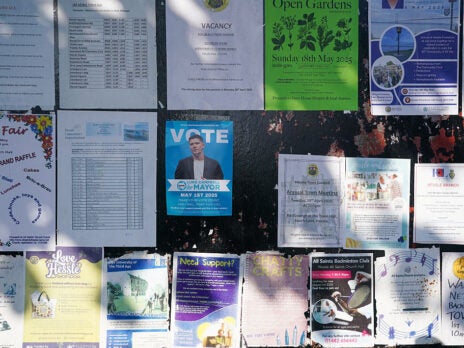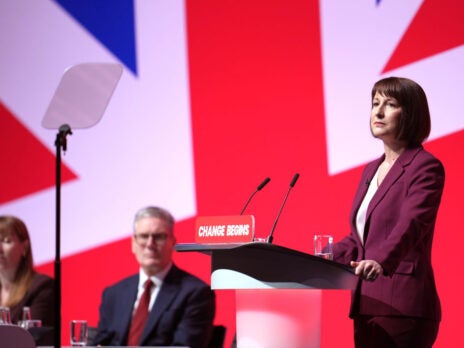
Happy Election Day. In England and Wales voters have the opportunity to vote on at least one institution awaiting its mandate in their area. For Wales, it’s the police and crime commissioner elections. It’s the same for much of England, along with numerous big-personality mayoral fights. But the contests I want to pay heed to today are the bread-and-butter local government elections. There are borough, district and city council jobs up for grabs, with the Conservatives defending 1,000 of them.
I will be up all night processing every local election result, as I’ve done for Britain Elects for the last 11 years. They’re important in telling us how well, or not, the government and opposition are doing in the battlegrounds that will help write the results of the next general election.
I’ve produced a forecast for today’s locals, and it is this. The Conservatives risk losing nearly half of their council seats today, with Labour and the Liberal Democrats set to score big.

In councils, the “constituencies” used to elect councillors are frequently multi-member. These are wards. My forecast anticipates the Tories risk falling behind the Lib Dems for total number of wards won today. In seat terms, my model expects the Tories to lose 400-500 seats. Labour should expect to gain somewhere between 250-300. And the Lib Dems should be hopeful of gains in the region of 100-150.
The Greens, a growing challenger to local government, should expect to benefit from the Conservative collapse, winning upwards of 50 seats. There is a risk for Labour, too, that they also eat into some Labour wards – last year, while Labour benefited from upward swings nationally, there were instances when it suffered defeat where the Greens were strong. All eyes should be in Bristol if you’re that way inclined.
As for Reform, there isn’t yet any discernible sign of a local breakthrough.
These numbers are what my model expects the seats up for grabs today to end up voting, based on nationwide opinion polling (the Britain Elects poll tracker), adjusted for under- and over-performances in previous local elections. The point to remember about local elections is they aren’t entirely reflective of what would happen in a general election. For starters, the anti-Conservative vote doesn’t coalesce around Labour as much as it does in a general (otherwise we wouldn’t be operating in the, broadly, two-party system we do). Anti-Tory voters go searching, which in places like rural Suffolk or well-to-do Hertfordshire means the Greens and Lib Dems, respectively, become the biggest receptacles of disaffected voters. There are more Lib Dem-Conservative and Green-Conservative fights in council elections than there are in the general.
My forecast expects sizeable gains for Labour in key battleground locales. Labour strategists should not just hope to win in Plymouth, Portsmouth, Milton Keynes, Swindon, the Black Country and the Rother Valley. They should expect to. The Blackpool South by-election, which is also being contended today, ought to go Labour by 20 points or more. There is little evidence both in the data and from what I hear on the ground there that Reform will pip the Conservatives for second place.
This is the last major test of public opinion before the big G, and so for Labour, there are no excuses now. These 20-point poll leads need to show up in the council wards where the fights are straight Conservative-Labour. There would be something very wrong with my model, and the whole expectations game we’ve been playing for the past two years, if it forecasts a Labour regain of Grimsby in the general but zero Labour headway in the local.
Let’s see how things turn out through the next 24 hours.
[See also: Can Andy Street cling on in the West Midlands?]


